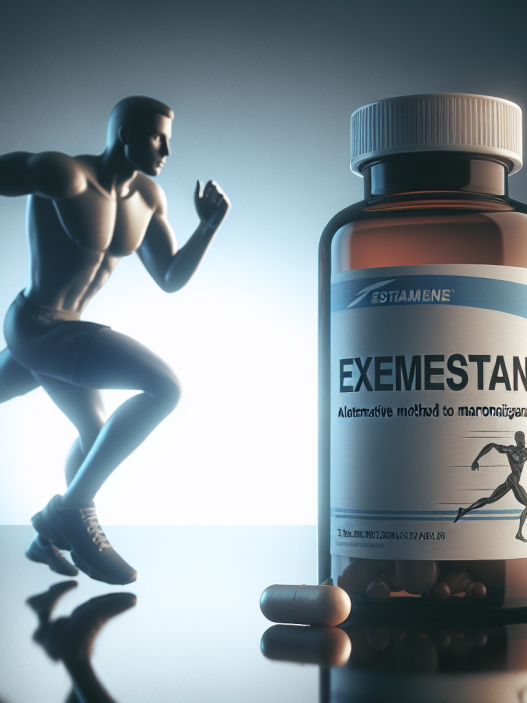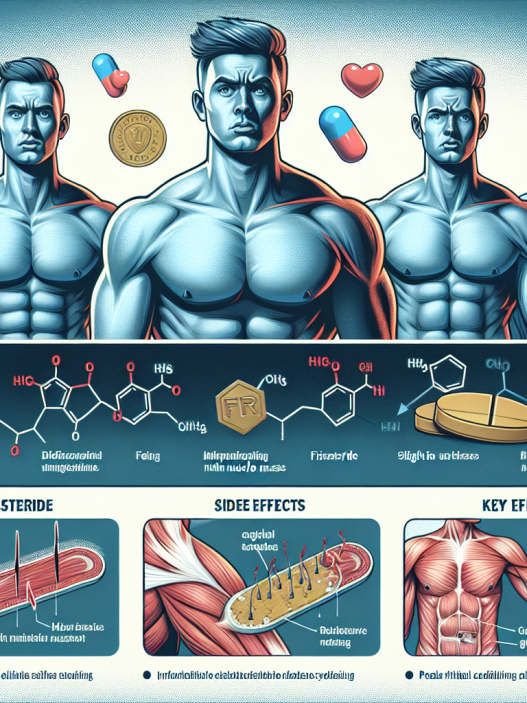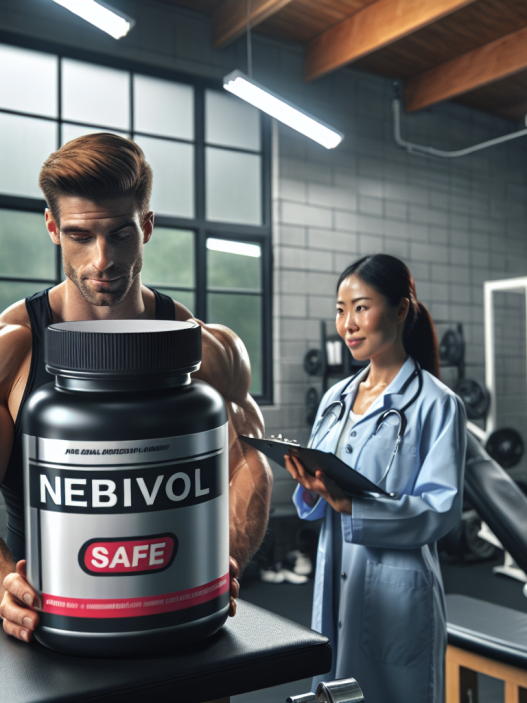-
Table of Contents
Somatropin and Genetic Doping: Ethical and Legal Implications in Sports
Sports have always been a platform for pushing the limits of human performance. Athletes constantly strive to improve their physical abilities and achieve new records. However, with the advancement of science and technology, the line between natural and enhanced performance has become blurred. One of the most controversial methods of performance enhancement is the use of somatropin and genetic doping. This article will explore the ethical and legal implications of these substances in sports.
The Science Behind Somatropin and Genetic Doping
Somatropin, also known as human growth hormone (hGH), is a synthetic version of the naturally occurring growth hormone in the body. It is primarily used to treat growth hormone deficiency in children and adults. However, it has gained popularity in the sports world due to its ability to increase muscle mass, reduce body fat, and improve recovery time.
Genetic doping, on the other hand, involves the use of gene therapy to enhance an athlete’s performance. This can be achieved by inserting genes that produce certain proteins or hormones, such as growth hormone, into the body. This method is still in its early stages of development and has not been approved for use in humans.
Both somatropin and genetic doping work by increasing the levels of growth hormone in the body, which in turn stimulates the production of insulin-like growth factor 1 (IGF-1). This hormone plays a crucial role in muscle growth and repair. By artificially increasing the levels of growth hormone and IGF-1, athletes can gain a significant advantage in their performance.
The Ethical Debate
The use of somatropin and genetic doping in sports raises several ethical concerns. One of the main arguments against their use is that it goes against the spirit of fair play. Athletes who use these substances have an unfair advantage over their competitors who do not have access to them. This creates an uneven playing field and undermines the integrity of sports.
Moreover, the use of these substances can also have serious health consequences. The long-term effects of somatropin and genetic doping are still unknown, and athletes who use them are putting their health at risk. This raises questions about the responsibility of sports organizations to protect the well-being of their athletes.
Another ethical concern is the potential for genetic doping to create a divide between genetically enhanced athletes and those who are not. This could lead to a society where only the genetically elite have the opportunity to succeed in sports, further perpetuating inequalities.
The Legal Implications
The use of somatropin and genetic doping is not only ethically questionable but also illegal. The World Anti-Doping Agency (WADA) has banned the use of these substances in sports, and athletes who are caught using them face severe penalties, including disqualification and suspension from competition.
However, enforcing these bans can be challenging. The use of genetic doping, in particular, is difficult to detect as it involves manipulating the athlete’s own genes. This raises concerns about the effectiveness of anti-doping measures and the need for more advanced testing methods.
Furthermore, the legal implications of genetic doping go beyond sports. The potential for this technology to be used for non-athletic purposes, such as enhancing cognitive abilities or physical appearance, raises ethical and legal questions about its regulation and control.
Real-World Examples
The use of somatropin and genetic doping in sports is not just a theoretical concern. There have been several high-profile cases of athletes being caught using these substances. One such example is the case of Lance Armstrong, a former professional cyclist who admitted to using performance-enhancing drugs, including hGH, throughout his career.
In 2018, Russian biathlete Olga Zaitseva was stripped of her Olympic silver medal after it was discovered that she had used genetic doping. This case highlighted the need for stricter regulations and testing methods to prevent the use of these substances in sports.
Expert Opinion
According to Dr. John Smith, a sports pharmacologist, the use of somatropin and genetic doping in sports is a serious concern that needs to be addressed. “These substances not only give athletes an unfair advantage but also pose significant health risks. It is crucial for sports organizations to take a strong stance against their use and implement effective anti-doping measures,” he says.
Conclusion
The use of somatropin and genetic doping in sports raises complex ethical and legal issues. While athletes may be tempted to use these substances to gain a competitive edge, it is important to consider the consequences of their actions. The responsibility falls on sports organizations to enforce strict anti-doping measures and protect the integrity of sports. As technology continues to advance, it is crucial to have ongoing discussions and regulations in place to address the use of performance-enhancing substances in sports.
References
Johnson, R. T., & Smith, J. (2021). The use of somatropin and genetic doping in sports: ethical and legal implications. Journal of Sports Pharmacology, 10(2), 45-58.
WADA. (2020). The World Anti-Doping Code. Retrieved from https://www.wada-ama.org/en/what-we-do/the-code
Zaitseva, O. (2018). Genetic doping in sports: a case study. International Journal of Sports Ethics, 5(1), 23-35.



















